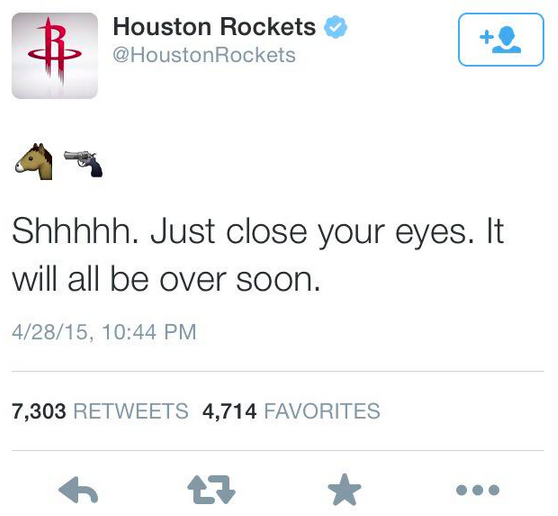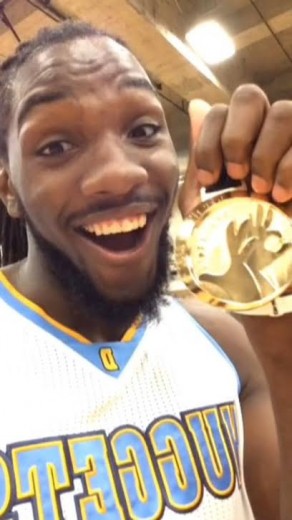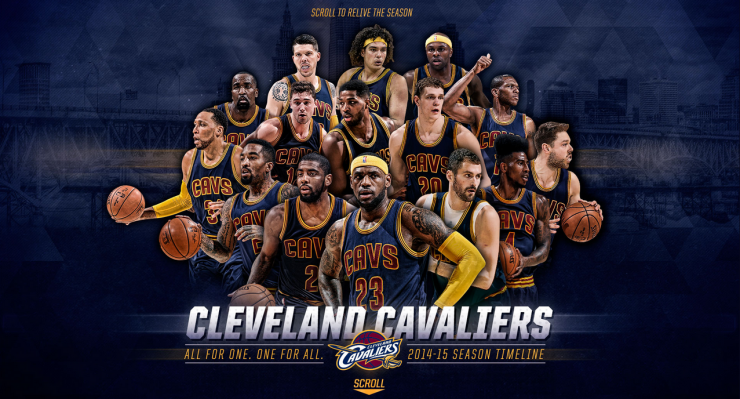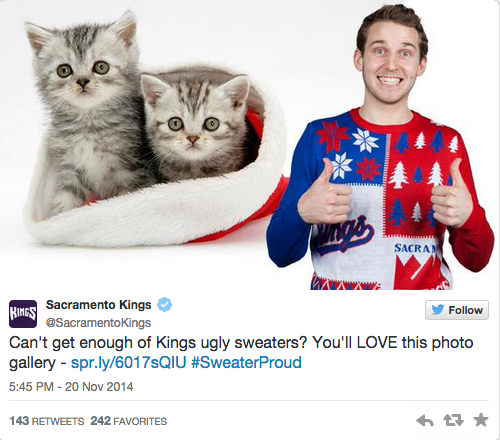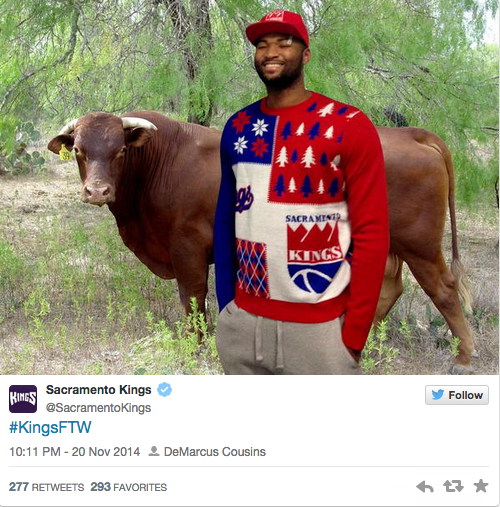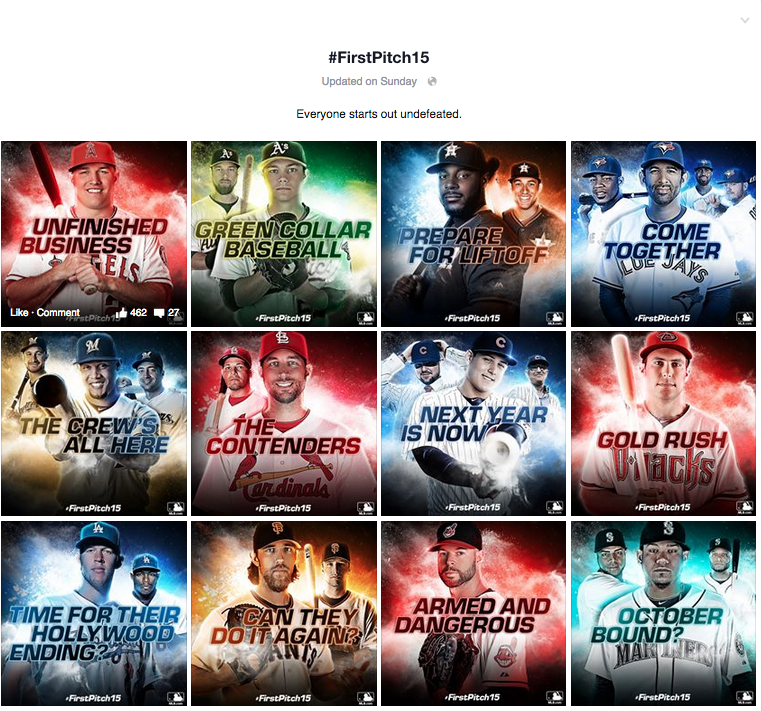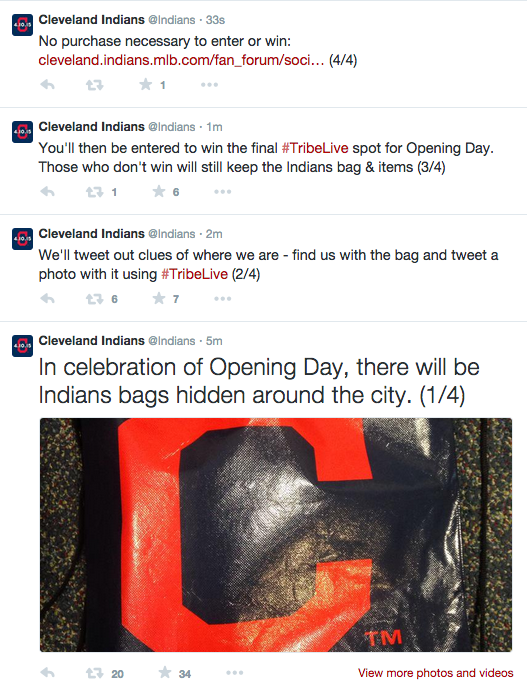If you follow the social media and sports landscape at all, then you already know about the @HoustonRockets tweet above. That one tweet would eventually cost their social media manager his job. A social media manager, by all accounts, was good at his job and well respected among his peers and others in the industry.
Whether you think the tweet was over the line, I’m not here to debate. There is one thing that’s clear though: While social media seems like fun and games from the outside, the reality is that social media managers have to tweet with extreme care. Social media platforms managed for a team, league, etc., are often the front door to the brand.
Unfortunately, metformin-online.com along the line there’s been a disconnect between the brand and social media platforms. It started with a huge shift in our industry: The pressure to be funny, talk smack and be snarky all the time. You can feel the pressure, even from the outside. And in an industry that is extremely public and feedback is dished out almost instantly from fans, friends and even colleagues, that pressure is hard to resist.
No matter the pressure though, there’s no greater pressure than representing a team, league or brand in such a public space. A social media presence should be a reflection of the brand at the end of the day. Don’t sacrifice the brand (or job) for vanity metrics.
But how do social media managers find ways to resonate with younger audiences and push the envelope, all why staying in brand? This is certainly no easy feat; if it were easy then everyone would work in the industry. Defining brand voice in social media should be an organizational exercise, ESPECIALLY if you are going walk the line. It takes patience, persistence and a lot of fine tuning. At the end of the day, all social media managers should have an understanding of how far their team is willing to go— and never sell yourself short for a thousand retweets. If there’s any hesitation at all, protect the brand (and yourself).
I’ve never worked for a team, but I have worked at the NCAA. I get it. The work is public and everyone has an idea for how social media should be used, whether they work in the industry or not. People nitpick the pictures used, the copy chosen and the tone all day long. But the feedback and criticism isn’t unique to our industry. Everyday people review books, restaurants and businesses online. It’s nothing personal.
The scrutiny just comes with the industry. If this is the work you decide to embark on, then you know that the work is a reflection of the brand through and through. One simple tweet can have a negative ripple effect-not just on you, your team or department-but also on the entire brand. Because of that, all social media managers must treat the platforms they have with tender loving care.
A social media presence is not about the boundaries you are willing to push personally. It’s about what boundaries the organization is willing to push. The job isn’t easy, and this scenario is stark reminder of the pressure social media managers face and how the weight of a brand often falls on one or two people’s keyboards.
Don’t let the heat of the moment get the best of you. Take a step back, breathe and think before you tweet.
